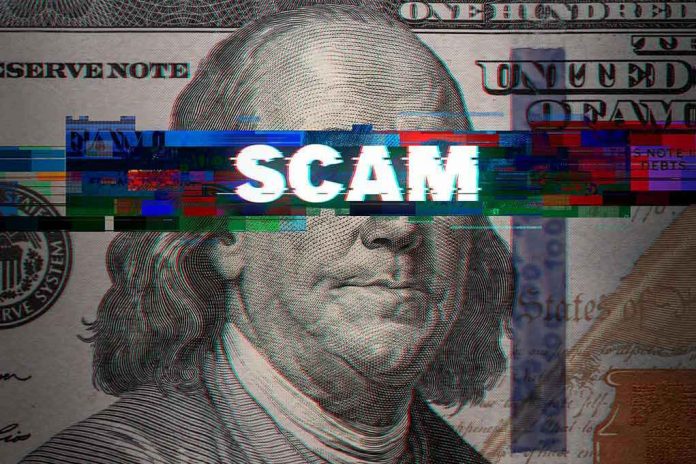
Revelations of a massive fake ID and overtime scam within the Long Island Railroad raise urgent questions about government waste and the erosion of public trust in vital American infrastructure.
Story Snapshot
- Long Island Railroad employees ran a years-long fake ID scam, earning up to three times more overtime pay than honest workers.
- One LIRR foreman’s overtime take exceeded even the president of the train line’s annual salary.
- The scheme exposes systemic failures in oversight and accountability in public-sector unions and management.
- Taxpayers are left footing the bill for fraud while trust in government-run transit erodes.
Fake ID Scam at the Heart of LIRR Overtime Abuse
Long Island Railroad employees orchestrated a sprawling fake ID scheme over several years, manipulating overtime records to collect pay far beyond what their actual work warranted. The most egregious example saw a single foreman amassing more in overtime than the train line’s own president. This abuse not only siphoned taxpayer dollars but also revealed deep flaws in oversight and accountability within the LIRR system. Such fraud undermines the principle that public funds should serve citizens, not line the pockets of corrupt insiders.
Systemic Failures in Oversight and Accountability
Current evidence indicates that the LIRR’s internal controls failed to detect or prevent the scam for years, allowing dishonest employees to exploit weaknesses in record-keeping and management oversight. The disparity in overtime pay—where some employees made three times what their honest colleagues earned—suggests a culture where fraud could flourish with little fear of consequences. The lack of effective checks and balances is a direct result of bureaucratic mismanagement and union protections that too often shield wrongdoing instead of rooting it out.
Impact on Taxpayers and Public Trust
Taxpayers ultimately bear the cost for such rampant fraud, as inflated payrolls lead to higher taxes, increased fares, or reduced services. Every dollar funneled into the pockets of dishonest employees is a dollar taken from hard-working families who rely on public transportation and expect honest stewardship of their money. Incidents like this deepen public skepticism about government-run agencies, fueling demands for privatization, stricter oversight, and real consequences for those who betray the public trust.
Calls for Reform and Restoring Integrity
The exposure of this scam has reignited calls for comprehensive reform across public transit and unionized government services. Conservatives argue that only robust transparency, aggressive oversight, and the removal of protective barriers for corrupt workers will deter future abuses. Restoring integrity to the LIRR and similar agencies requires a renewed commitment to fiscal responsibility, respect for taxpayer dollars, and a zero-tolerance approach to fraud—values at the core of the American conservative tradition.





